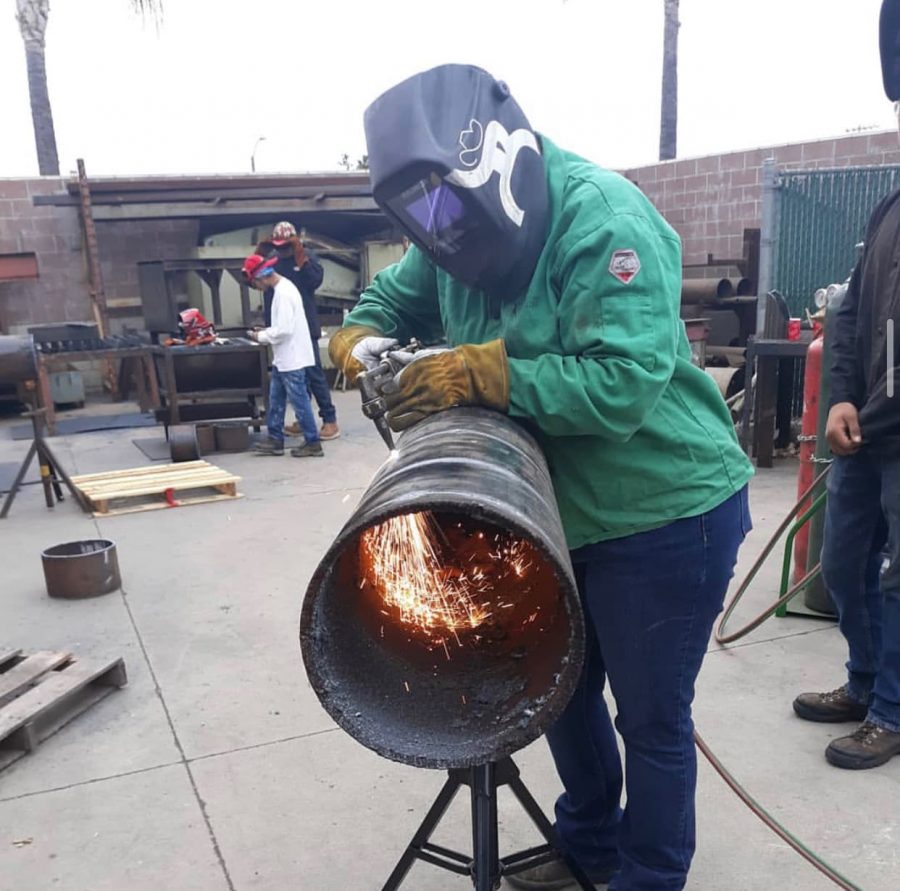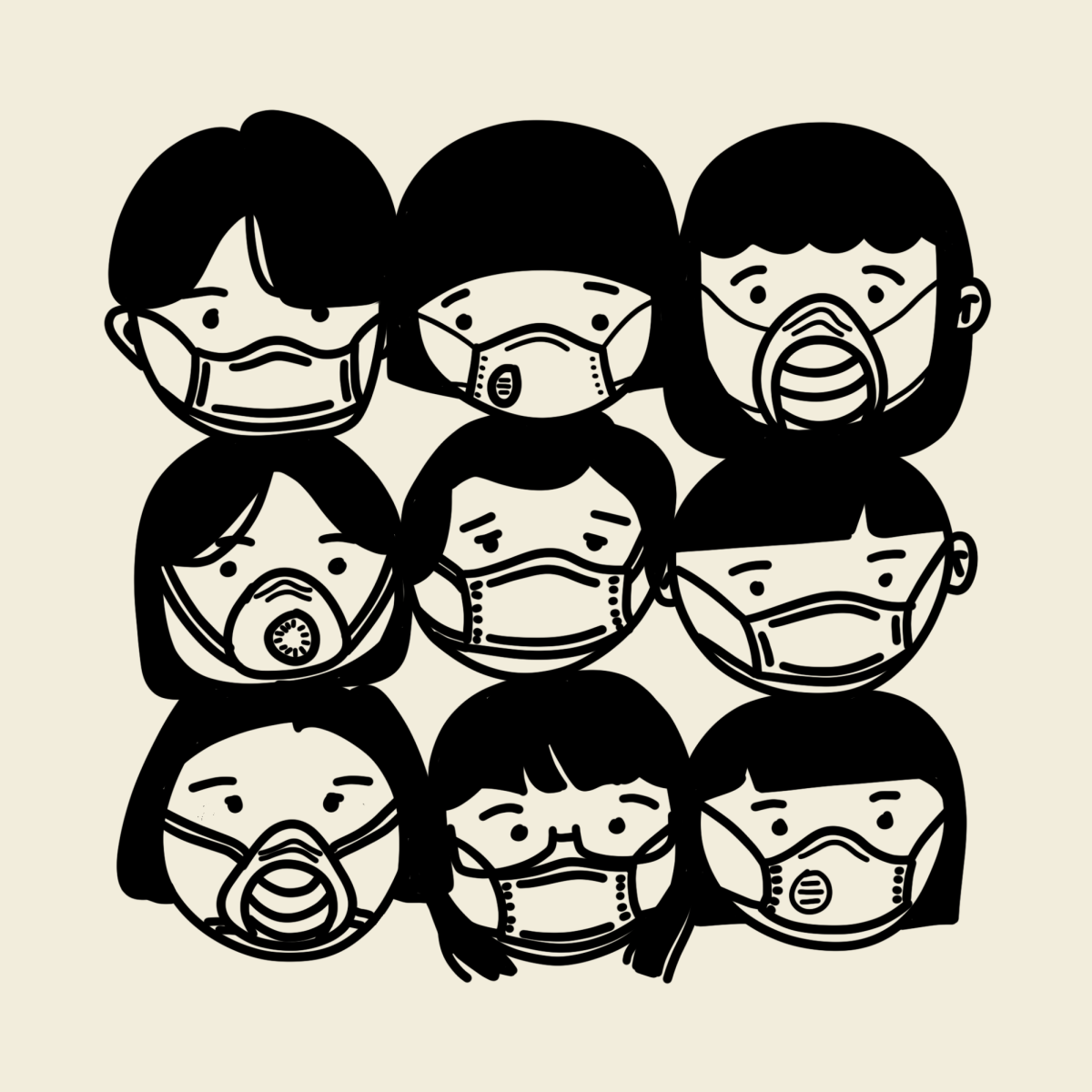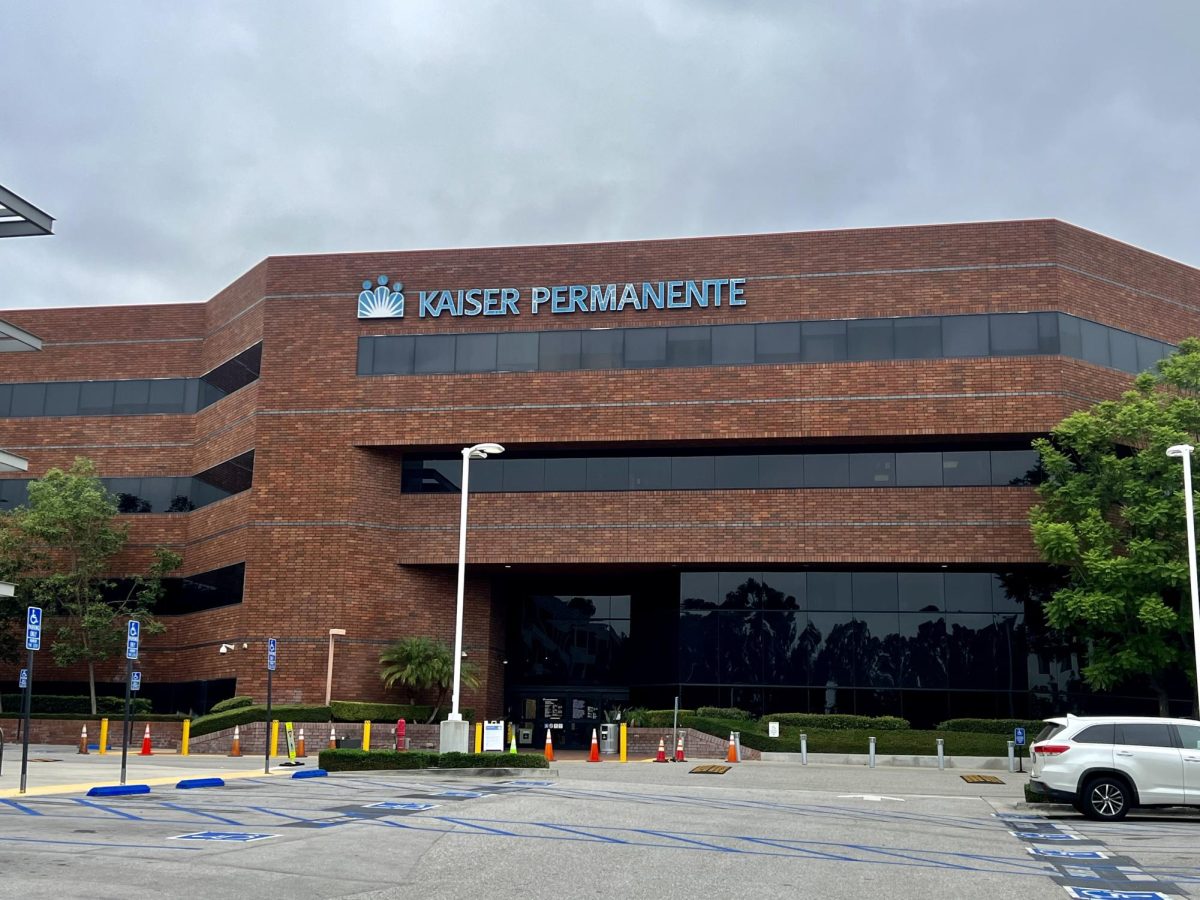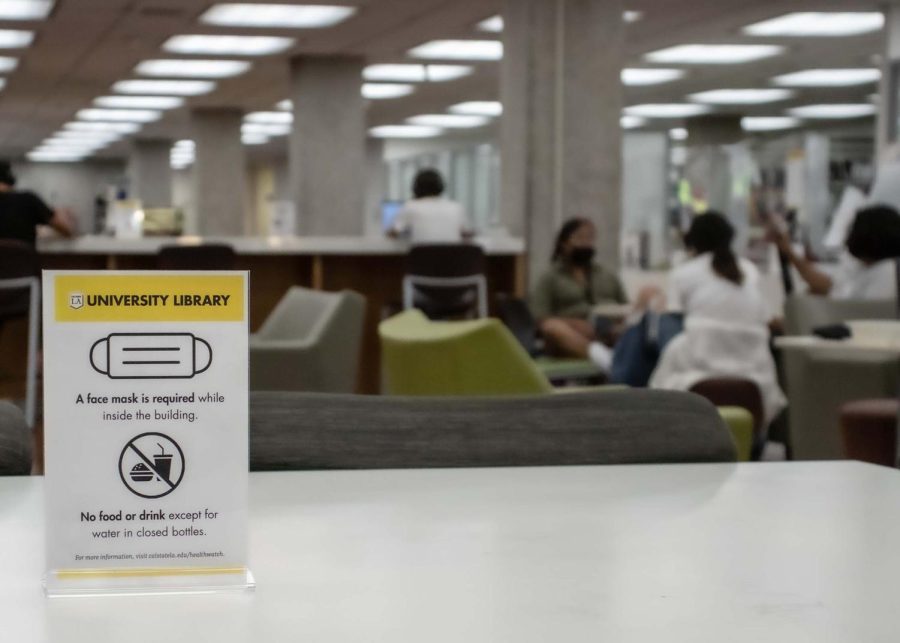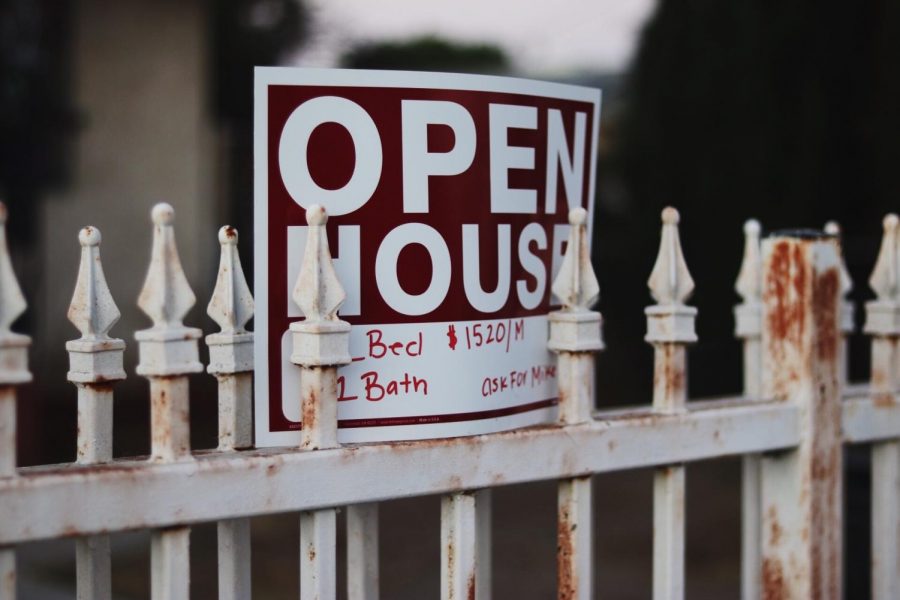For Andrea Margarita Flores, the start of her last semester at Cal State LA held so much promise and excitement. Options for the child development major seemed unlimited — from small details like how to decorate her graduation cap to the bigger ones like which child care center she would work in.
In a matter of weeks, as businesses closed in light of the coronavirus outbreak, those choices evaporated and her anxiety hit at an all-time high.
“I’m so confused. I wanted to start applying to places, but centers are closed. No one is hiring,” Flores said.
Like Flores, thousands of college students who live or attend school on the Eastside are facing the prospect of looking for a job in what’s considered the worst recession since the Great Depression. College counselors are advising graduating students to think about the industries that are currently in demand, consider how the projects they completed during their studies can help businesses and network with professionals in their field.
“The best advice I can offer is to focus on how you can help others. Your studies have provided several opportunities for you to gain the experience that employers seek. Reference this in your resume, cover letter and interview,” said Michelle Lovasz, the assistant director at Cal State LA’s Career Development Center. “Your transition to social distancing demonstrates your adaptability, flexibility, resilience and perseverance. These qualities and skills are highly sought by employers. Give examples of this in your cover letter and interview.”
Before the virus struck, Flores, 22, had dreamed of becoming a full-time teacher for children ages of 5 to 6 years old and later, perhaps pursuing a graduate degree and teaching college students about child development.
“I fell in love with the idea of teaching [and] I think you have more of an impact on older people. At a [junior college], I feel like they are there to get their life together. I want to share my experiences with them, help them and impact them,” she said.
Considering the sacrifices she made — the time spent studying, commuting and working on an internship to gain experience — Flores was elated to learn last week that Cal State LA’s graduation ceremony will still happen at a later date.
“That ceremony means everything to me. To acknowledge my hard work and my family,” said Flores, whose mother immigrated from Peru and her father from Mexico. She said her parents built a life for their family from the ground up, instilling in their kids the importance of education.
As a first-generation college student, Flores said she and her family were crushed when they learned a commencement ceremony may not happen.
But she said fears about that were nothing compared to her worry now: Will childcare centers reopen soon and will she find work?
Students graduating from community colleges are in a similar bind.
Not long ago, Jose Murillo, a 19-year-old welding student at Mt. San Antonio College, thought he’d be working a few weeks out of school.
“My ideal job was to join the Ironworkers Union. I was en route to take my [certification] tests, both plate and written test, before things were shut down. Applying for the job without the permit is a possibility but it is extremely difficult to land a job without the certification,” he said.
He didn’t know much about welding when he started college but as he learned how to fuse metal with heat and master how to properly use equipment, he grew passionate about the work.
“I was never much of a book guy, instead someone that puts out work, and lets it speak for itself, Murillo said. “My cousin in Texas initially interested me in joining the trade because of the amount of income and guarantee of work it has.”
Nothing is guaranteed anymore, at least not as long as accredited test facilities are closed. At the facilities, an instructor would observe him demonstrating what’s called the “plate test” and later he’d complete the written exam at another location.
Although there is no clear answer as to when Jose will be able to secure his permit, he takes comfort in having more time to study and practice his skills at home before he joins the working world. He said there’s a saying in his trade, “Guessing is what gets people killed.”
When he thinks about that, he figures, “I’d rather wait till my skills are beyond perfect.”
Still, the pressure is on for many graduates, especially since some of their parents and family members have lost their jobs or been furloughed.
Angel Avalos, who studied chemical engineering, said his mother, a cook at a hotel was laid off recently, and his father, who works in construction, has lost significant hours. Avalos is thankful for his job at a grocery store, but is eager to put his education to use and find a job in his field.
Finding work was hard enough last year when Avalos, of La Puente, graduated from University of California, San Diego. He has spent 11 grueling months applying for engineering jobs.
“There are moments of self-doubt and anger against the process. As individuals, we have our own goals and once any little thing starts to interfere with those goals, it’s un-motivating because of those expectations you have for yourself. To have a job by this year and a car by that year,” he said.
But he has his family and girlfriend on his side. They have been supportive and have helped keep him going.
“I’ve applied to 315 places, I believe, in almost a year. The process usually takes about a month or two, but now with the pandemic, it’s an even larger wait time,” he said. “I feel like companies are trying to figure out if they can still keep running or if they can even hire people right now.”
In February, just as warnings were starting to spread about the coronavirus, he came across a sweet job post online. It paid a lot more than other positions he had seen.
“Whoa. That could certainly help out my family and me,” he recalled thinking, imagining what it would be like to be “free of the stress” of looking for work. He could picture himself working hard at the company, moving up the ladder and perhaps scoring bigger positions over the years.
But with big dreams come the possibility of failure. “I had a lot of anxiety when I was interviewing for this company,” he said.
In the end, his nerves got the best of him at the interview and he could sense the opportunity slipping away. He never heard back from the company.
Other interviews he scored may have been hurt by issues related to the pandemic. For instance, there’s often less face-time now for prospective employers to get to know him.
“I went to this interview, and it was 45 minutes long,” he said. “I was expecting a marathon of an interview of two to three hours…Because of COVID, they probably wanted to minimize the exposure time of everyone.”
One business where he interviewed went beyond social distancing: “They were very serious about the pandemic. They provided me with a face mask, and took my temperature before going in.”
Having half his face covered during the interview was somewhat awkward but he said he completely understands.
His hard work, persistence and positive attitude paid off this week when he got a job as a process engineer, “I’m excited to finally be able to say, ‘I got the job.’”
Avalos’ advice for newer graduates facing what he dealt with for almost a year: “Everyone has their own path, their own time, different obstacles, and that’s okay. Your time will come.”
A version of this story was also published on the TheEastsiderLA.com news site.
Community News reporters are enrolled in JOUR 3910 – University Times. They produce stories about under-covered neighborhoods and small cities on the Eastside and South Los Angeles. Please email feedback, corrections and story tips to UTCommunityNews@gmail.com.

